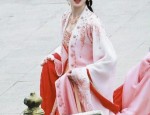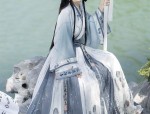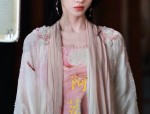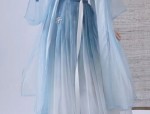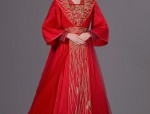Farewell Poem and the Elegance of Hanfu:A Cultural Reflection
In the annals of Chinese history, there are moments that transcribe the essence of a culture into indelible memories. One such moment is the practice of composing a 'farewell poem' in the context of Hanfu, the traditional Chinese clothing. This article delves into the cultural significance of this practice and explores the beauty of Hanfu through a historical lens.
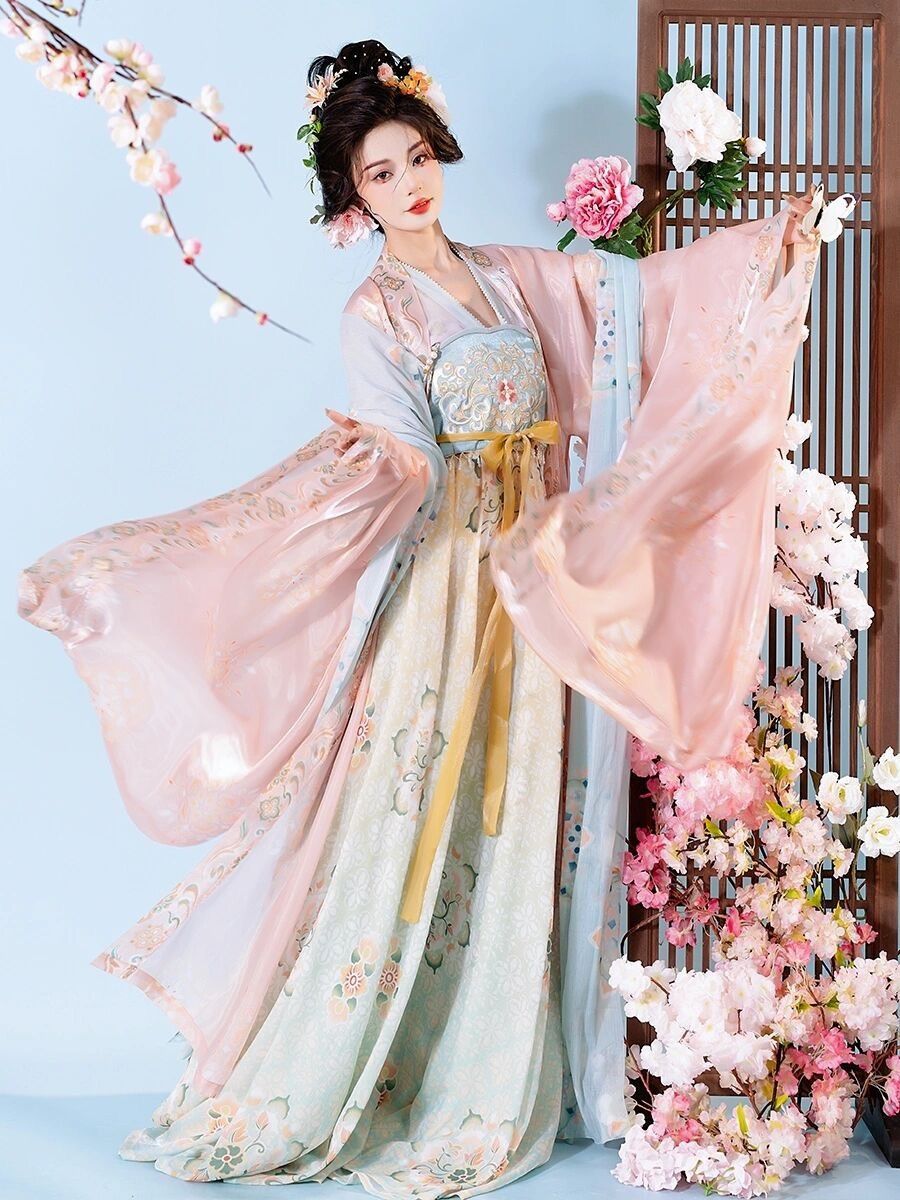
In ancient China, a farewell poem was not just a means of expressing emotional goodbyes; it was an embodiment of cultural values and a testament to the wearer's identity. These poems, often written in the form of lyrics or couplets, were inscribed on fabrics or worn as tokens of love and memory. They were a way of preserving stories and emotions, transcending time and space.
The Hanfu, with its intricate designs and vibrant colors, was not just a garment; it was an embodiment of ancient Chinese aesthetics and philosophy. Its every detail, from the patterns to the accessories, reflected a deep respect for nature and harmony with the universe. The practice of composing farewell poems within the context of Hanfu was a way of expressing one's emotions in a highly symbolic and cultural manner.
The art of writing farewell poems in Hanfu was influenced by various cultural factors. The poems themselves were often influenced by classical Chinese literature, weaving together themes of love, loss, and longing. The choice of words and phrases was deliberate, reflecting the wearer's inner world and their relationship with their culture.
Moreover, the practice also reflected the deep-rooted belief in fate and destiny in Chinese culture. Farewell poems were often seen as a way of prophesying or predicting the future, making them even more significant in times of great emotional upheaval. They served as a means of connecting with ancestors and the divine, ensuring that even in times of separation, one's roots remained firmly planted in their cultural soil.
The beauty of Hanfu, coupled with the art of farewell poems, has experienced a revival in recent times. As traditional crafts and cultures are rediscovered and reimagined, the practice of wearing Hanfu and composing farewell poems has gained popularity among enthusiasts and historians. This revival not only showcases the beauty of Hanfu but also serves as a means of preserving and propagating traditional Chinese culture.
In conclusion, the practice of writing farewell poems within the context of Hanfu is not just a means of expressing emotional goodbyes; it is an embodiment of a rich cultural heritage. It showcases the deep-rooted belief in fate and destiny, the beauty of traditional Chinese aesthetics, and the importance of preserving one's cultural identity. As we bid farewell to this beautiful practice, we are reminded to cherish our cultural roots and uphold the values that have been passed down through generations. Today, as we look towards a future that is increasingly globalized, it is important that we continue to uphold our cultural values and traditions, ensuring that they are not lost but are carried forward in style and grace. The art of writing farewell poems in Hanfu is just one such way of doing so.

 Previous Post
Previous Post

